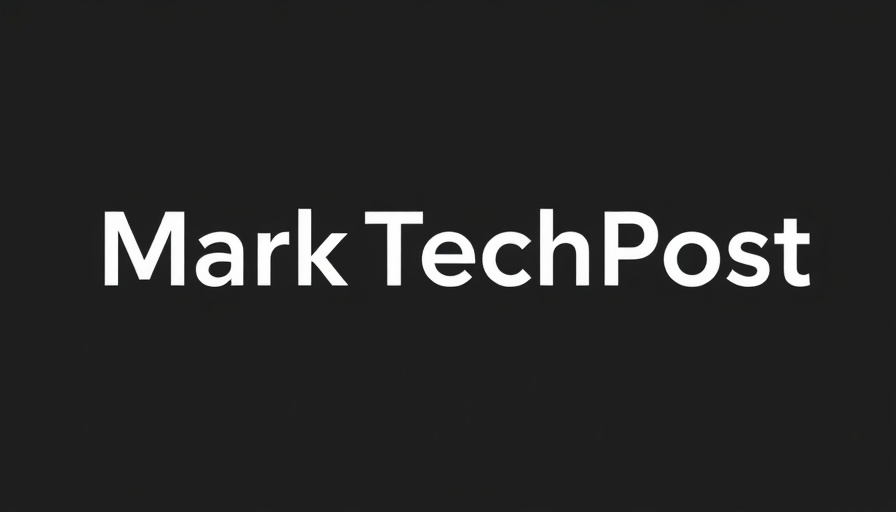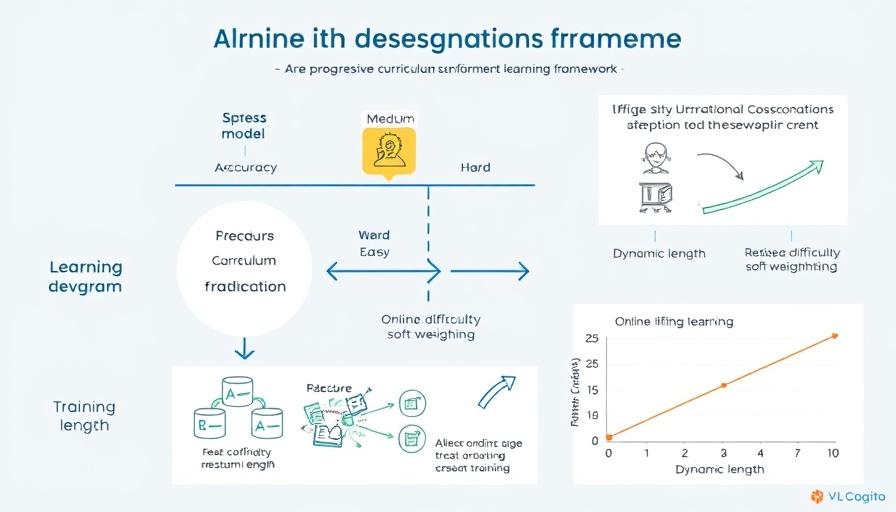
AI Agents in 2025: The Future of Business Assistance
As we move further into 2025, AI agents are no longer a concept of the future; they are a valuable reality for small and medium-sized businesses (SMBs). AI agents, defined as LLM-driven systems capable of perceiving, planning, and interacting with software environments, have evolved significantly. This article aims to demystify the role of AI agents for businesses and highlight the tangible benefits they offer.
Understanding AI Agents: What They Are
An AI agent is designed as a goal-directed mechanism equipped with an advanced model and integrated tools. In 2025, these agents can perform a variety of tasks beyond simple responses; they execute workflows across different applications—whether it’s managing customer inquiries or handling project management tasks. The technology has matured to a point where operating on structured workflows is not just efficient but also reliable.
The Versatility of AI Agents: Current Capabilities
Today, AI agents can efficiently manage specific, repetitive tasks that are commonplace in SMBs. These include filling out forms in browsers, managing documents, and navigating between multiple applications with ease. Their ability to support developer and DevOps processes also means they can triage test failures and help maintain apps and services, allowing human workers to focus on more complex issues. This increased efficiency translates into a significant competitive advantage for smaller operations.
2025's Landscape: What Has Changed?
Unlike previous years, AI agents in 2025 have become much more reliable at executing complex tasks due to improvements in data handling and contextual understanding. In the digital landscape, these improvements can lead to not just operational efficiency but also enhance customer experiences through faster and more personalized service—key aspects that every SMB should consider when integrating new technologies.
Crafting Effective AI Strategies: Building Robust Agents
Creating a production-grade AI agent requires careful planning. Businesses should focus on keeping the AI planning systems simple while investing in the proper frameworks, security protocols, and evaluation methods. By doing so, they can reduce potential risks associated with technology adoption, such as data breaches or inefficient workflows. Developing a hybrid approach that fosters collaboration between human workers and AI agents can also lead to the most favorable outcomes.
Anticipating Challenges: Security Risks and Regulations
While the benefits are substantial, it's essential to remain aware of potential security risks associated with AI agents. Businesses must navigate a landscape where regulations are constantly emerging. Understanding these frameworks and how they apply to the deployed technologies is crucial for compliance and security. By staying proactive, SMBs can harness these innovations without falling victim to oversight traps.
Real-World Use Cases: Where to Start
For SMBs beginning their journey with AI agents, sensible initial use cases may include customer self-service interfaces, internal reporting tools, or even data operations management. These applications not only streamline existing processes but can significantly reduce operational costs by improving efficiency and productivity.
The Road Ahead: Predictions and Trends for AI Agents
Looking ahead, the role of AI agents is expected to evolve dramatically. Multimodal models that integrate various data streams—text, images, and more—into a single processing framework will likely lead to even more sophisticated capabilities. Businesses that embrace these trends early on will be better positioned to leverage AI for tailored customer interactions and decision-making support.
In conclusion, AI agents are set to transform the operational framework for small and medium-sized businesses. Their ability to manage tasks, provide insights, and improve customer interactions underscores the necessity of integrating AI into everyday business operations. As these technologies continue to advance, staying informed and adaptable will be crucial for businesses looking to thrive in this evolving landscape.
To learn more about how to incorporate AI agents into your business strategy, consider exploring software solutions that allow for easy deployment and management of these technologies in your operations.
 Add Row
Add Row  Add
Add 



Write A Comment